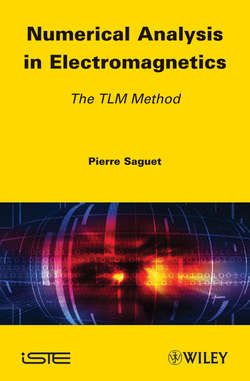Описание книги
The aim of this book is to give a broad overview of the TLM (Transmission Line Matrix) method, which is one of the “time-domain numerical methods”. These methods are reputed for their significant reliance on computer resources. However, they have the advantage of being highly general. The TLM method has acquired a reputation for being a powerful and effective tool by numerous teams and still benefits today from significant theoretical developments. In particular, in recent years, its ability to simulate various situations with excellent precision, including complex materials, has been demonstrated. Application examples are included in the last two chapters of the book, enabling the reader to draw conclusions regarding the performance of the implemented techniques and, at the same time, to validate them. Contents 1. Basis of the TLM Method: the 2D TLM Method. 2. 3D Nodes. 3. Introduction of Discrete Elements and Thin Wires in the TLM Method. 4. The TLM Method in Matrix Form and the Z Transform. Appendix A. Development of Maxwell’s Equations using the Z Transform with a Variable Mesh. Appendix B. Treatment of Plasma using the Z Transform for the TLM Method.
